Opening Night at Gielgud Theatre
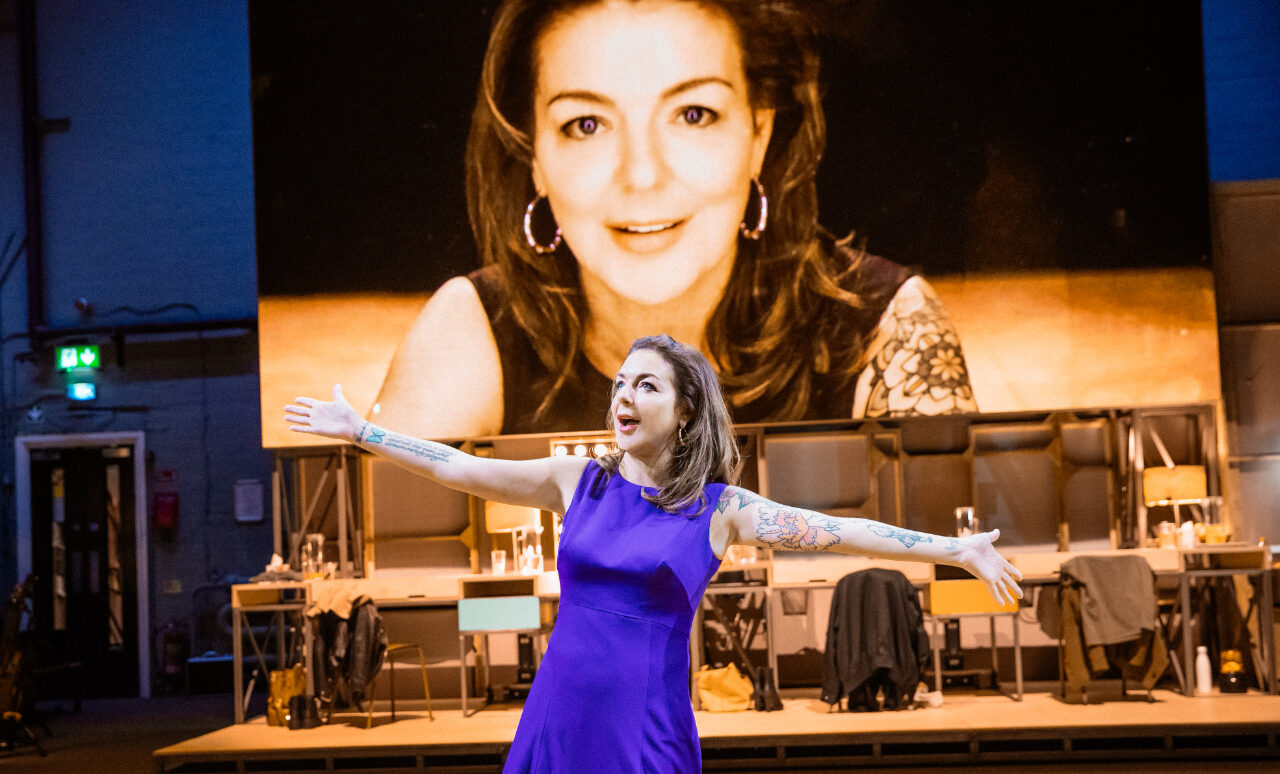
As opening night approaches, a vortex of trepidation, expectation, tension and excitement swirls around both cast and creatives. However, when the leading actress is still grappling with her understanding and connection to the play on the eve of its debut, turmoil is on the horizon. Unfortunately, the portrayal of emotional and relationship struggles falls somewhat short in the new musical adaptation of John Cassavetes’s Opening Night: the feeling at the end of the “play within the play” is rather muddy and confusing, which, sadly, prevents the exceptional vocal performances from being appreciated as much as they should be.
Myrtle (Sheridan Smith), alongside her ex-husband Maurice (Benjamin Walker) and the rest of The Second Woman cast, are deep in full rehearsals. A film crew is documenting the behind-the-scenes action, but the cameras capture more than the staging efforts: they also record the psychological difficulties of a woman who has lost hope, battles with age and public image, and fails to navigate her relationships with the men in her life coherently. Myrtle searches for answers with ghosts of her youth: for consolation in the arms of Manny the director (Hadley Fraser) and for confrontation with the playwright Sarah (Nicola Hughes).
The camera feed is dominant on stage, as subtitles and close-ups are projected straight onto an ever-present gigantic screen. Despite hanging unobtrusively in the backdrop, the digital image often feels overwhelming, drawing the audience’s attention more to the cinematic aspects than the live acting. It’s an appealing technique that brings together multiple locations into one (thus rendering the simultaneity of some offstage actions) and intensifies the delivery of self-talks in the mirror. And yet, in this instance, its overuse doesn’t enhance the theatre craft. Instead, it seems to lazily rely on TV-like sensation.
Rufus Wainwright’s score is popping: the orchestra glides over the music sheets with gusto, and there is a certain vibrancy to songs such as Magic, Trojan Women and Makes One Wonder. The vocal display is robust, with Smith’s intonations and Hughes’s crescendo in Life is Thin being particularly remarkable. However, the lyrics would have benefitted from more audacious lines. Meanwhile, the performers’ positioning and movements during their songs appear wooden, the standstill moments sitting in stark contrast to the dynamism of the other sequences.
The inner conflicts of Myrtle are not clear and don’t erupt until midway through the second act. It’s a pity that the first part goes by in a haze: the drama experienced by the woman is palpable, but not effectively conveyed: an existential crisis is unfolding but it seems more like a fleeting agitated upheaval. And that is echoed by the detachment shown by the male counterparts, who look intent only on manipulating the female protagonist. As a result, the momentum is dispersed in rivulets of blandness.
Cristiana Ferrauti
Images: Jan Versweyveld
Opening Night is at Gielgud Theatre from 6th March until 27th July 2024. For further information or to book visit the theatre’s website here.

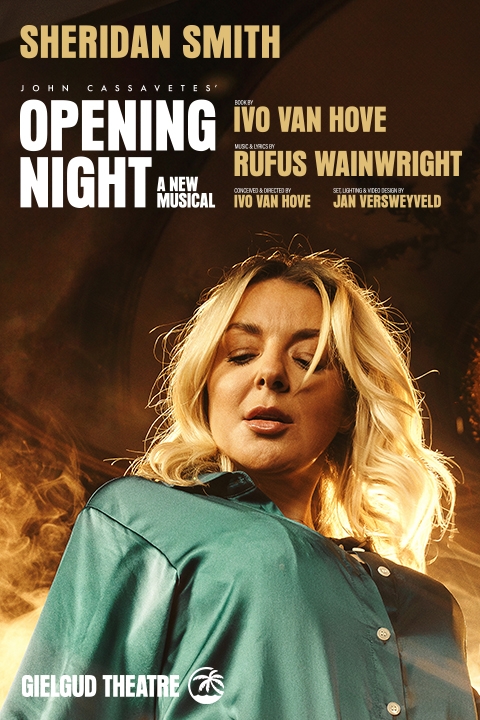
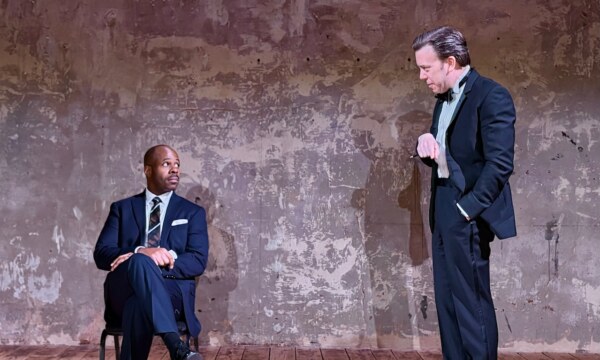
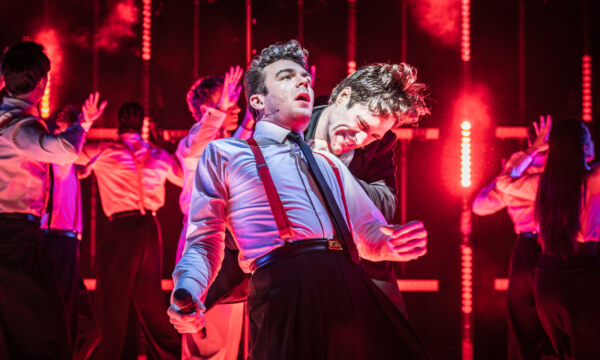
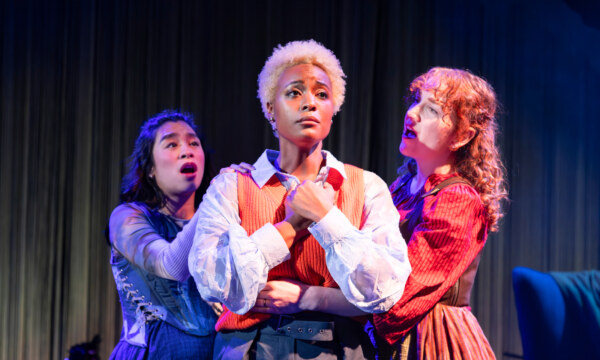
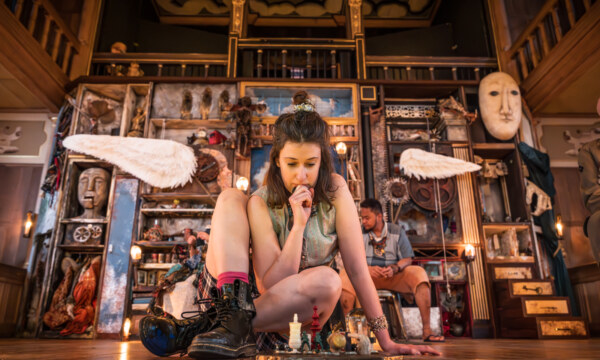
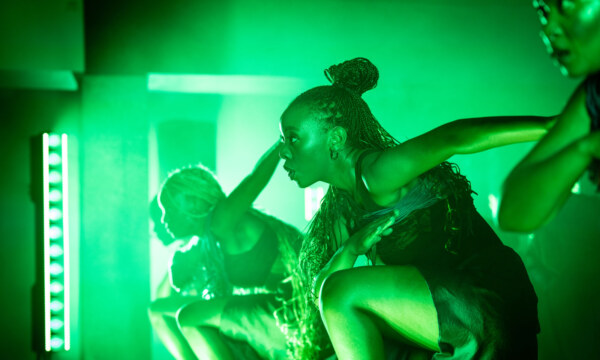
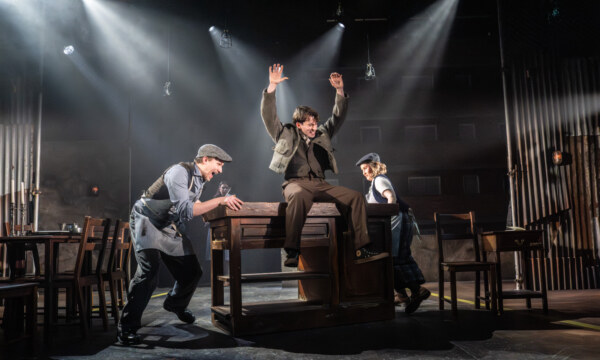
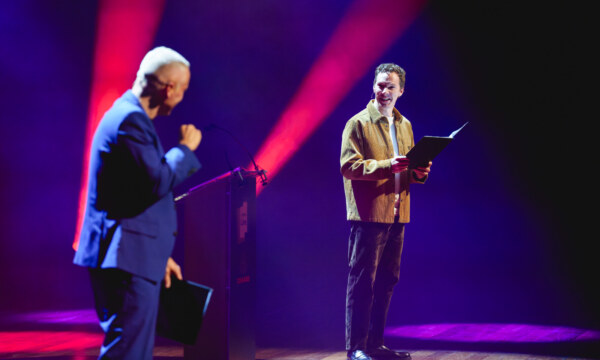
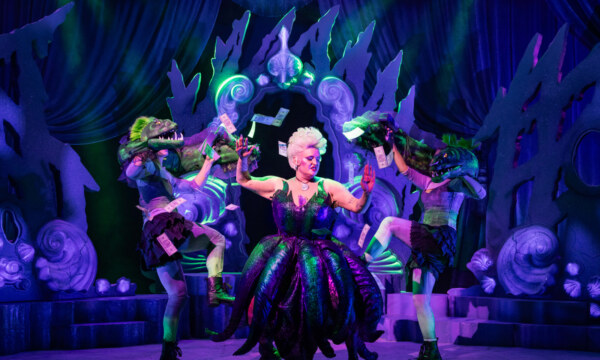
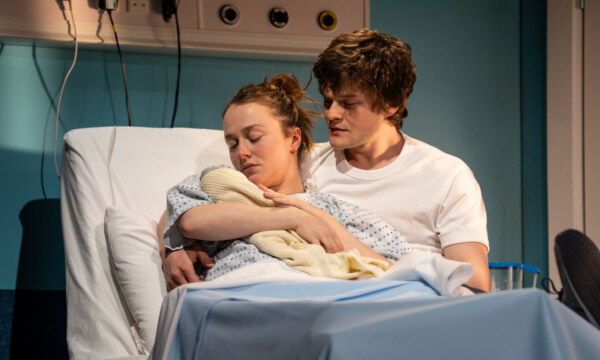


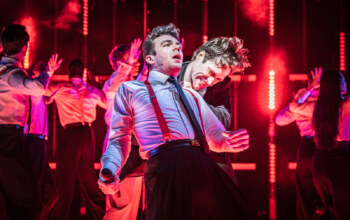

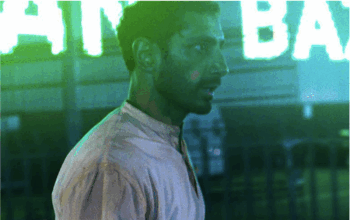






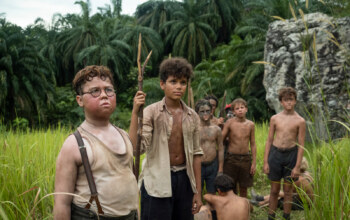
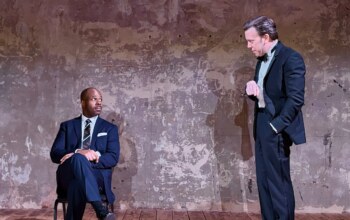


Facebook
Twitter
Instagram
YouTube
RSS